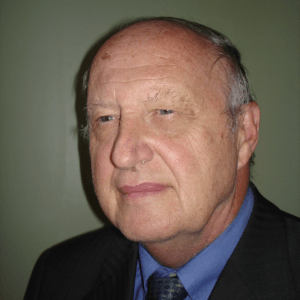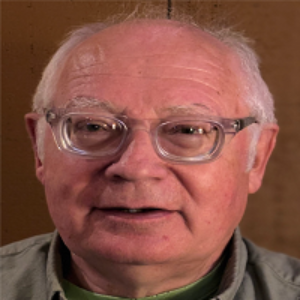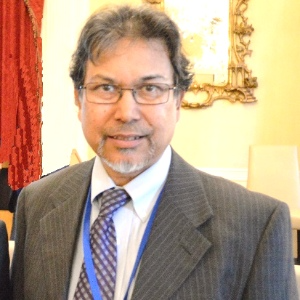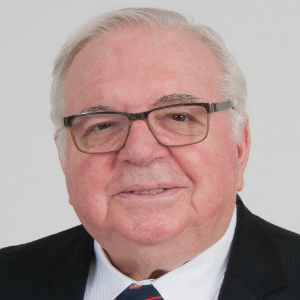Nanotribology, a burgeoning field at the intersection of nanotechnology and tribology, delves into the study of friction, wear, and lubrication at the nanoscale. Tribological processes play a pivotal role in various industries, from manufacturing to biomedical applications, where minimizing friction and wear is critical for improving efficiency and durability. Nanotribology explores these phenomena with unprecedented precision, leveraging advanced techniques such as atomic force microscopy (AFM) and scanning tunneling microscopy (STM). At the nanoscale, surface interactions and forces between materials become paramount, and traditional tribological models often fall short. Nanotribology addresses these challenges by providing insights into fundamental mechanisms governing friction and wear on a nanometer scale. Researchers in nanotribology strive to develop novel nanomaterials and coatings that exhibit superior frictional properties, contributing to the design of more robust and efficient devices. As industries continue to miniaturize components and technologies, understanding and controlling nanoscale tribological behavior becomes increasingly crucial. Nanotribology not only aids in optimizing existing systems but also paves the way for innovations in nanoelectromechanical systems (NEMS), nanomanufacturing, and bioengineering, where precise control over friction and wear can lead to groundbreaking advancements.

Ephraim Suhir
Portland State University, United States
Thomas J Webster
Interstellar Therapeutics, United States
Robert Buenker
University of Wuppertal, Germany
Will Skene
Montreal University, Canada
Valeriy A Buryachenko
Micromechanics & Composites LLC, United States
Anis Rahman
Applied Research & Photonics, Inc, United States
Will Skene
Montreal University, Canada
Robert Guidoin
Laval University, Canada
Robert Buenker
University of Wuppertal, Germany


Title : Introducing picotechnology: An exciting extension of nanotechnology
Thomas J Webster, Interstellar Therapeutics, United States
Title : The failure of both einsteins space-time theory and his equivalence principle and their resolution by the uniform scaling method
Robert Buenker, University of Wuppertal, Germany
Title : Material challenges with proton conducting ceramics for intermediate temperature hydrogenation/dehydrogenation applications
Saheli Biswas, Commonwealth Scientific and Industrial Research Organisation, Australia
Title : Porphyrin layers at metal-electrolyte interfaces monitored by EC-STM and CV
Marek Nowicki, University of Wroclaw, Poland
Title : Color control of electrochromes by structural modification
Will Skene, Montreal University, Canada
Title : Make experiments more efficient: Two simple and powerful approaches. Mg2Si growth for photovoltaic and thermoelectric applications
Alexander S Gouralnik , Institute of Automation and Control Processes, Russian Federation
Title : Reconfigurable antenna structures using tunable materials
Nasimuddin, Institute for Infocomm Research, Singapore
Title : (0, 1 and 2) Dimensional hybrid architecture of the synthesized materials leads the smart sensing of the gaseous species at low/room temperature
D R Patil, North Maharashtra University, India
Title : Enhanced grain refinement, precipitates regulation, and improved mechanical properties of cast Al-Li alloy by Ti addition and heat treatment
Lixiong Shao, Shanghai Jiao Tong University, China
Title : Broadband sound attenuation of shape memory polymer with triangular-honeycomb unit cell metamaterial structural design
Musaab Ejaz, Universiti Teknologi PETRONAS (UTP), Malaysia